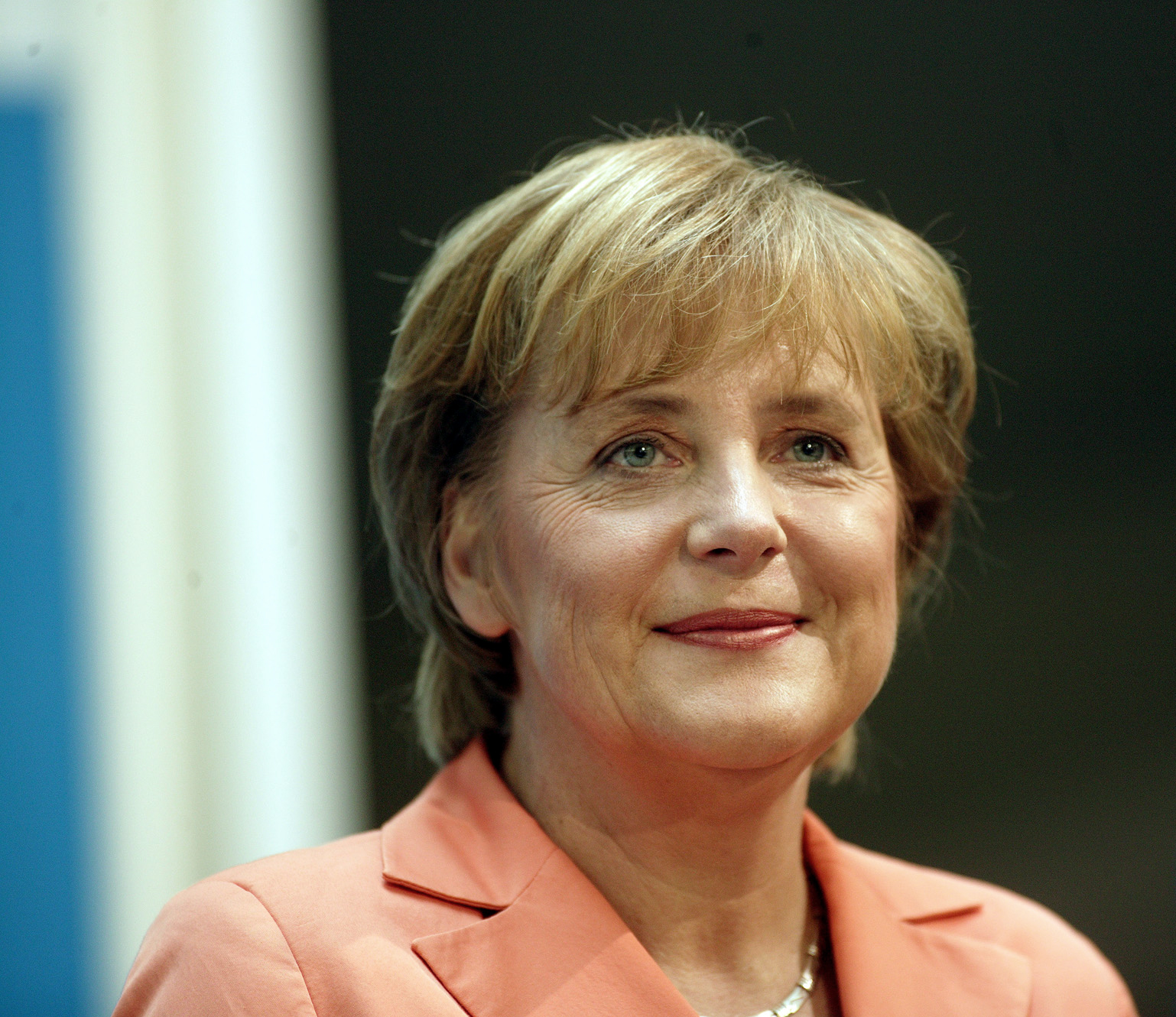Merkel gears up for election shaped by economic crisis
 Berlin - German Chancellor Angela Merkel called business and labour leaders to Berlin Wednesday for an economic crisis summit amid a warning that the country could face social unrest if further steps are not taken to tackle the slump in Europe's biggest economy.
Berlin - German Chancellor Angela Merkel called business and labour leaders to Berlin Wednesday for an economic crisis summit amid a warning that the country could face social unrest if further steps are not taken to tackle the slump in Europe's biggest economy.
The meeting is the latest sign that the global recession is moving to centre stage in the campaign for German elections in September, with Merkel attempting to sharpen her crisis management credentials by also taking a leading role in shaping international moves to address the crisis.
Despite indications that the contraction in the world economy might be starting to plateau out, this year's election is likely to be held against the backdrop of rising unemployment and the fallout from slumping economic growth.
So far, Merkel has managed to resist calls for more fiscal measures to help the economy ride out the worldwide crisis. This includes a US-led drive for more government action in the run-up to the summit of the world's leading economies in London earlier this month.
Instead, the focus of the Berlin meeting is expected to be on the current economic pressures facing Germany, as well as evaluating the effectiveness of the two government stimulus packages, which Berlin says are worth a total of 81 billion euros (106.9 billion dollars).
But speaking in a German television interview ahead of Wednesday's meeting, union chief Michael Sommer stepped up union demands for a third stimulus package and called on those attending the meeting to agree to new budgetary measures to spur economic growth.
Sommer went on to warn that failure to take action to help stabilize the nation's labour market risked triggering "social unrest."
Deutsche Bank chief Josef Ackermann, Siemens head Peter Loescher and Deutsche Telekom chief Rene Obermann are among the estimated 40 business and union leaders expected to meet in Merkel's Berlin office.
Germany's influential industry association BDI is planning to call on the meeting for measures to improve the environmental standards of dwellings and to ease labour costs.
Ahead of the meeting, BDI chief Hans-Peter Keitel joined the government in saying that it would take some time before measures contained in the stimulus packages began to kick in. "We need to have a little patience," he told German radio.
At the same time, the nation's employers' federation BDA wants the gathering to consider ways to help alleviate the credit crunch threatening Germany's business sector.
The Berlin meeting is the second Merkel has called since the global slump began to take shape in the final months of 2008. It comes amid hopes that the trough in the global economic downturn might have been reached, with signs that cautious optimism is emerging about the prospects for the world economy in the run-up to the end of the year.
A closely watched German investor confidence index released Tuesday showed a surged in April to near a two-year high, following the more positive news out of the crisis-hit world financial sector.
Germany's key forward-looking Ifo business confidence survey is also expected to report Friday a modest pickup in the mood in the country's boardrooms on the back of hopes of economic turnaround by the end of the year.
Government incentives for car buyers to scrap their fuel-guzzling cars and replace them with more environmentally models have proven popular and helped to shore up German vehicle sales.
But a stream of figures have shown German production and factory order books shrinking and the nation's export machine rapidly losing momentum as the global recession tightened its grip on the country's economy in the first months of the year.
Many economists now believe that the German economy will contract by more than 5 per cent this year as the nation faces up to its worst downturn since World War II.
At the same time, unemployment has continued to climb despite the large number of companies taking advantage of government subsidized short-term work programs, which have allowed businesses to cut production without throwing workers onto the unemployment queues.
Moreover, Labour Office chief Frank-Juergen Weise, who is also to attend Wednesday's meeting, has warned that the earliest there was likely to be a pickup in the labour market was next year.
"The economic downturn is increasingly having an impact on the job market," Weise said. "There will be no revival in the second half of the year," he said.
This raises the risk for Merkel's Christian Democrat-led conservative bloc and their chief political opponents, the Social Democrats that Germans could be going to the polls in September just as job and economic insecurity is increasing. (dpa)